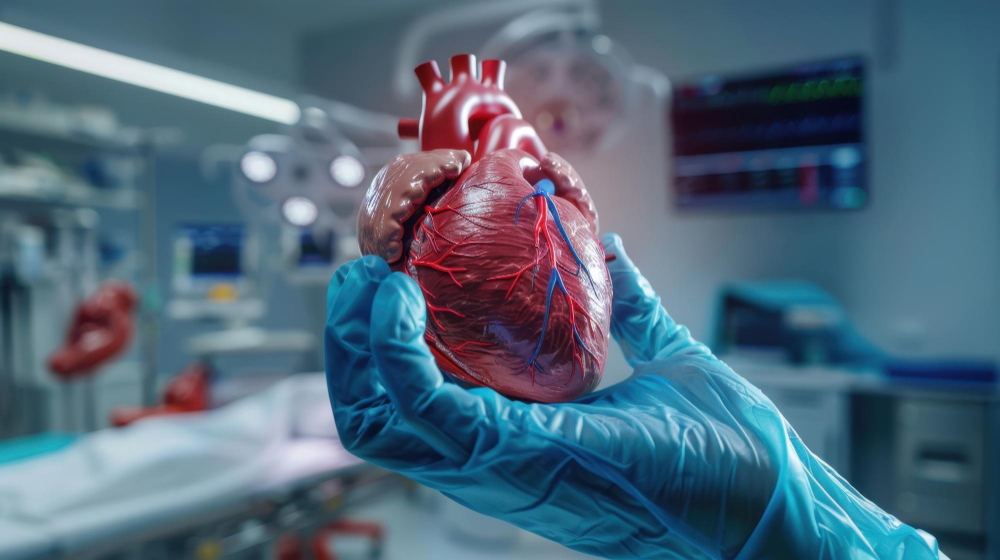Specializes in surgical and acute care for cardiovascular diseases, including:
- Coronary artery bypass grafting (CABG)
- Valve repair and replacement surgeries
- Surgeries involving the ascending and arch of the aorta
- Treatment of peripheral artery diseases
- Management of deep vein thrombosis
- Care for life-threatening stab and gunshot wounds
- Pericardial tamponade treatments
- Sternum instability management
- Carotid artery surgeries
- Peripheral artery embolectomy






